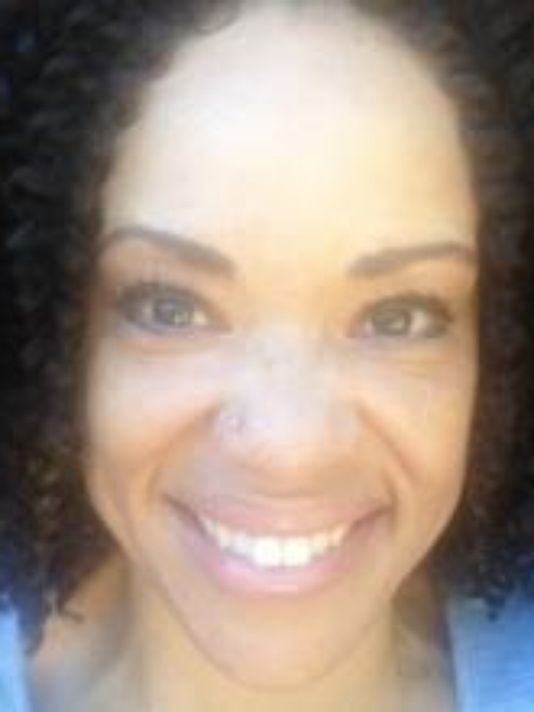
Deborah Whaley
By Loren Glass and Deborah Whaley, Iowa City Press Citizen
We are two scholars of American literature and culture at the University of Iowa, a black woman and a white man, who are concerned about the future of the country in which we teach, live, and write. On Wednesday, we will help facilitate a WorldCanvass forum on “White Privilege, Institutional Racism, and the Dream of America” that will offer tools to thrive and survive during the difficult times ahead. With white nationalism in ascendance in the United States and abroad, our topic is particularly urgent.
There are many dreams of America, but currently two predominate. One is a white nationalist dream, which is really a nightmare. It is deeply rooted in the founding of America and in the very fantasy of the nation-state, which aspires toward a convergence of ethnic identity and state power. The other is a dream of a multi-ethnic democracy, a dream where the state facilitates, celebrates and empowers the diversity of its citizenry. We rebuke the former and hope for the latter.
When it comes to understanding social justice, we know that there is inter-dependency between economic disparity and race, sexual domination and gender, national belonging and the drawing of geographical borders. Positions on inequality and solutions must speak to these intersections. Physical protest, signs of alliance such as safety pin wearing in the aftermath of the 2016 election, are well-meaning, symbolic gestures. However, such gestures do not replace actual, nondiscriminatory interaction between those who benefit from white privilege and those who are disadvantaged by white privilege on a daily basis.

Loren Glass
During our forum on white privilege and institutional racism, we’d like participants and readers to contemplate three key concepts: racial fragility, gaslighting and projection. In the words of scholar Robin DiAngelo, racial fragility arises out of insecurity and causes people to “withdraw, defend, cry, argue, minimize, ignore, and … push back to regain [their] racial position and equilibrium.” Gaslighting is a technique of psychological manipulation that denies discriminatory behavior or environments by trying to convince victims of abuse into believing that their mistreatment is subjective and imaginary. Projection is the displacement of identities, fantasies and insecurities onto other people in order to pigeonhole and justify maltreatment. In an age of social media and “false news,” fragility, gaslighting, and projection are spreading through online bullying (trolling). To have productive discussions regarding systems of domination, honesty is a necessity: Privilege exists because people need, perpetuate and benefit from it; to combat it, we must work to create and maintain a more just world.
Let us then ask ourselves the following questions: Do we remain silent when we see injustice or do we intervene? Do we pit communities against each other for personal gain or out of fear of exposure or do we build across communities? Do we say we cannot diversify or invest in change that would disrupt white privilege because we are unwilling to put in the work of building critical mass, or do we learn lessons from those who are successful at maintaining racially diverse environments? Do we hide behind the necessity to entertain multiple sides of an issue and wait for the good faith of others to manifest, which may stalemate us, or do we strategize how to act now? As we face the challenge of the years ahead of us, we draw strength from New Jersey Sen. Corey Booker’s recent words about our current cultural and political dilemma: “We must never allow bigotry to be easy; or hate to normalize. We must remain defiant. We must resist.”
You’re invited to attend the free WorldCanvass discussion from 7:30-9 p.m. Wednesday in the Senate Chamber of the Old Capitol Museum.
Loren Glass is a professor in the UI Department of English and Deborah Whaley is an associate professor in the UI Department of American Studies.